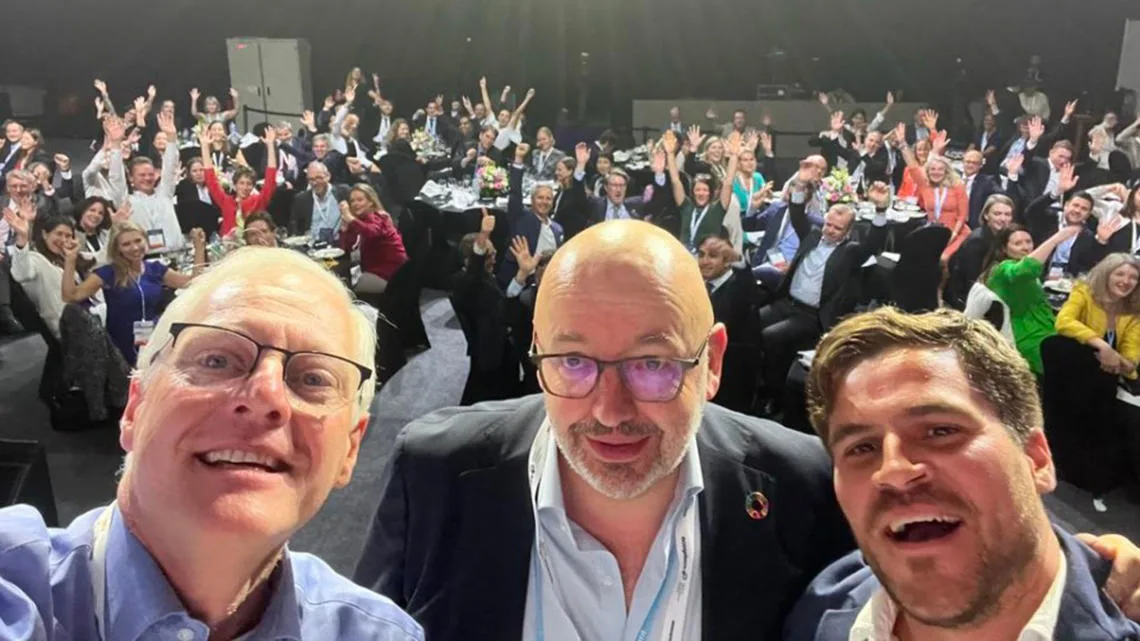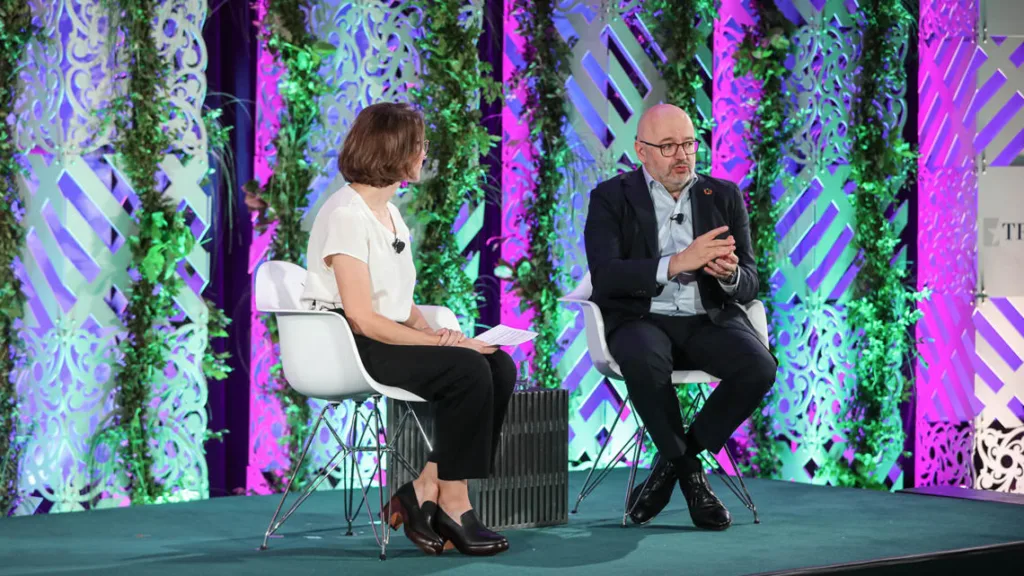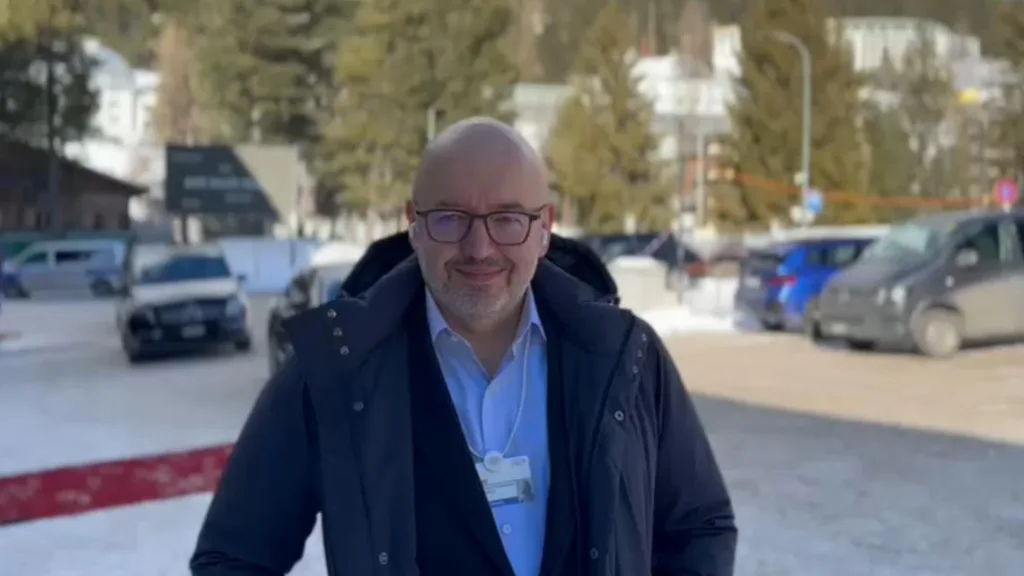Authors
Peter Bakker
Now COP27 has come to a close, let me send some key notes of the essential take-aways to you:
- Despite many of us thinking that COP27 in Sharm El Sheik would not be a big COP, the attendance levels were much higher than anticipated. More than 50,000 delegates made the trip over to Sharm El Sheikh in Egypt, as well as more heads of state compared to some other COPs.
- Science and recent weather events helped to emphasize the urgency around the need to stay below 1.5°C.
- In the final outcome document agreed in the very early hours of Sunday 20 November, the major new element was the agreement to set up a loss and damage fund to help poorer countries facing the harmful effects of climate change.
- In terms of climate mitigation, there was no backsliding from the Glasgow agreement – which was feared at one point during COP27 – but no major step forward was agreed either.
Outside of the negotiation rooms, the picture was much more positive:
- It is clear that the formula of thematic days worked well. The links between climate and nature, solutions in food & agriculture, in mobility and in built environment, were given strong focus and many positive signs of progress were presented.
- One of the most impactful announcements came from the UN’s High Level Expert Group on the Net Zero Commitments of Non-State Actors. Their report “Integrity Matters” will become the reference within the UN for what “good looks like” with respect to net-zero commitments from business. Please find a business summary from this report via this link.
- Aligned with this were the discussions around the ISSB (International Sustainability Standards Board), set to finish its climate disclosure framework in early 2023 for subsequent adoption by IOSCO (International Organization of Securities Commissions). This will start a movement toward one global baseline for climate disclosures.
WBCSD had a strong and impactful presence at COP, including 34 sessions, many of which were co-hosted with our partners from governments and other organizations.
The key report that we launched during COP27 was: The Business of Climate Recovery. The report was developed with over 30 member companies and makes the case for a Corporate Carbon Accountability System to allow companies to move from their commitments to action and transparently show their progress toward their stated targets. To make such system work, we need to work together to improve the accounting of carbon in particular for Scope 3 and avoided emissions, which will be central priorities for WBCSD in 2023.
Other key publications that came out from our desks are:
- The Partnership for Carbon Transparency (PACT) has completed standardized exchanges of product-level emissions data, enabling companies to access primary data from their value chains – and better meet evolving and mandatory climate reporting requirements.
- A new report on Nature-based Solutions (NbS) was launched just before COP27, alongside supporting technical papers on related topics, presenting findings and recommendations for NbS strategies for Net Zero, Nature Positive and addressing Inequality.
- And this new roadmap shows how leading forest companies are paving the way toward a nature-positive future.
- More information can also be found here.
In a follow-up to the recent WBCSD Council Meeting in Tokyo, we supported the Japanese Government (METI) in an important launch event on Avoided Emissions. WBCSD has been asked to lead the work on this important topic into the G7.
As I reported after our Tokyo meeting, the COP28 President (UAE) has invited WBCSD to support the preparation and launch of COP28. Part of this discussion is our decision to have the WBCSD Council Meeting 2023 in Dubai right at the start of COP28.
Lastly, on a slightly lighter note, I am adding the best photo of COP27 that Berry Marttin, board member of Rabobank, and Felipe Villela, founder of reNature, took during the WBCSD Leadership dinner in Sharm El Sheikh. Strong support for sticking to a 1.5°C target as you can see.
In summary: unfortunately, this year was no different from any other COP. The clock speed in the official negotiations is much lower than that by the actors of the real economy. In the real economy, the discussion is all about the how to speed up the transformations and how to get the finance to flow.
What is different, though, is that there is really no time to waste anymore… We can’t afford any other way than a way forward, towards 1.5°C.
This year my one word that summarizes the COP for business is “ACCOUNTABILITY”. The High Level Expert Group, the ISSB and the strong interest from Capital Market players in understanding climate risk exposures will make it inevitable for leading companies to get ready to be held accountable for the progress they are making toward a net zero world:
- We need more companies to set science-based targets,
- Any company that sets a target without a transition plan toward implementation is no longer seen to have a credible target,
- Any transition plan without transparent disclosures on the progress toward the target will soon no longer be accepted by financial markets.
We will put in our best efforts to mobilize as many business leaders as possible to join the COP28 meeting next year. More soon!
WBCSD news articles and insights may be republished in accordance with the Creative Commons Attribution-NonCommercial-NoDerivatives 4.0 International Public License, and in accordance with our Privacy Policy. All Content must be featured with due credits.




